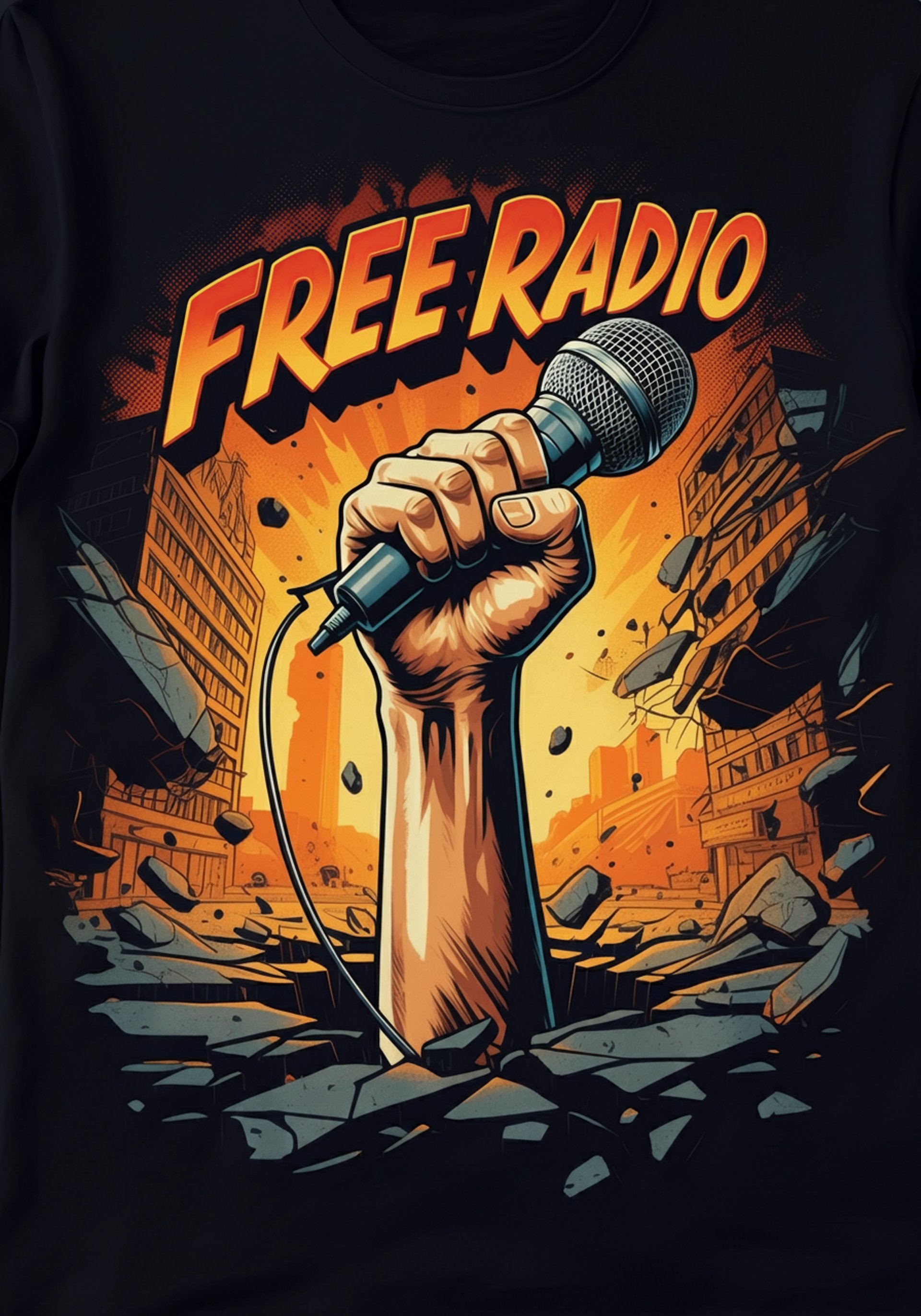
Seize The Airwaves & Liberate The Broadcast Commons From Corporate Control
The Free Radio Movement and Free Radio Berkeley: A History of Electronic Civil Disobedience
The history of radio regulation in the United States has long involved unlicensed broadcasting. While early free radio stations operated internationally to protest oppressive governments and colonial policies, a notable free radio movement in the U.S. gained momentum in the 1990s. This movement is often viewed as a reaction to changes in federal broadcasting rules that resulted in large corporations dominating the airwaves and prioritizing their own agendas.
The contemporary "free radio" or "microradio" movement is frequently traced to 1987 in Springfield, Illinois, with WTRA, a one-watt station operated by Mbanna Kantako. Kantako intended WTRA to serve as a voice for the poor black community and a response to inadequate coverage from mainstream media.
A key figure in this movement is Stephen Dunifer, the founder of Free Radio Berkeley (FRB). Dunifer, an activist with an electronics background, was largely motivated to start FRB by his strong disapproval of mainstream media's handling of the Gulf War in 1990. He saw corporate control of the airwaves, with interests aligned with the government, as a threat to civil rights. Dunifer described his actions as "electronic civil disobedience," directly challenging FCC regulations that effectively prohibited low-power stations.
Free Radio Berkeley took to the airwaves on April 11, 1993. Dunifer aimed to help others establish stations and fulfill his motto, "let a thousand transmitters bloom". Free Arcata Radio, for instance, used a transmitter built by Stephen Dunifer. Dunifer was known for selling micro transmitter kits and holding workshops. Berkeley Liberation Radio (BLR) has also broadcast news and commentary from Free Radio Berkeley. BLR broadcasts with 40 watts of power.
The central philosophy of dedicated activists in the micro radio movement revolves around the principle of legitimate access to communication and democratic communication. They believe the airwaves are a collectively-held resource or a resource "held in trust for the American people" that should be used in the public interest. Many argue that the ability to express oneself on the air is a human right and an issue of freedom of speech. Proponents see the movement as a tool for social change and a way to counteract media dominated by wealthy corporations, which they argue limits access for under-represented communities. Micro radio stations typically aimed to provide local control, focus on local issues, and offer diverse content often ignored by mainstream stations. For example, KDEE in Sacramento plays unique music not heard on commercial stations and airs public service announcements. Moon Radio in San Luis Obispo sought to provide alternative news and music not available on other local FM stations.
Operating without a license naturally led to conflict with the Federal Communications Commission (FCC). The FCC's general policy regarding unlicensed broadcasting is a blanket commitment to enforcing the law that requires a license. Stephen Dunifer faced a protracted legal battle with the FCC. The FCC fined him twice for unlicensed broadcasting, including a $20,000 fine, and brought a civil suit against him. Arguments for the United States v. Dunifer case were presented on January 20, 1995, in Oakland, CA. Dunifer's lawyer, Louis Hiken, from the National Lawyers Guild's Committee for Democratic Communications (CDC), played a significant role in defending Dunifer and challenging the FCC's regulations. The FCC often used the analogy of the electromagnetic spectrum being like a highway, requiring rules enforced by the FCC like a traffic cop. Hiken countered this, arguing the spectrum, a collectively-held resource everyone paid for through taxes, is like a highway only the richest can drive on, while everyone else just watches. Hiken conceded rules are needed but believed everyone should have the chance to use the spectrum. Dunifer argued he constructively applied for a license or waiver, but the court noted he did not comply with the formal application requirements. Free Radio Berkeley was eventually silenced by a court injunction on June 16, 1998. The injunction order was based on a legal technicality and prevented anyone from acting in concert with Dunifer to cause unlicensed transmissions.
Despite legal challenges and the silencing of FRB, the micro radio movement continued. Other stations faced similar issues. Joe Ptak, founder of Micro Kind Radio in San Marcos, Texas, requested a license but the check for processing was returned, and he was fined $11,000 in July 1998. He asserted freedom of speech rights in correspondence. A federal judge later compared Kind Radio to Thomas Paine and Nelson Mandela and upheld its right to be considered for an LPFM license on a level playing field. Radio Free Brattleboro in Vermont also faced legal action from the FCC, even as the town held a non-binding referendum supporting the station's broadcasting until an LPFM license was issued. San Francisco Liberation Radio's attorneys, drawing from their experience with Dunifer, maintained a steady stream of correspondence with the FCC. FCC agents also conducted raids on stations like Berkeley Liberation Radio and Free Radio Austin, where activists recorded the agents breaking down a door. Some activists engaged in direct actions like broadcasting from public events or utilizing mobile setups to evade detection.
The pressure from the free radio movement, including the burden of enforcement and public relations challenges for the FCC, contributed to policy changes. In January 2000, the FCC established guidelines for a new Low Power FM (LPFM) class of radio stations, operating at 100 watts or less with a range of about 5 miles. LPFM stations are intended to provide access to the radio dial for non-profit organizations and allow community access. This decision is seen as a significant outcome of the electronic civil disobedience campaign. However, the corporate radio industry, organized as the National Association of Broadcasters (NAB), fiercely opposed the free radio stations that pushed for legalization and lobbied Congress to restrict the new LPFM service. The resulting LPFM rules limited where stations could be located, particularly restricting opportunities in urban areas. Some activists, like Stephen Dunifer, viewed the LPFM service as fundamentally flawed and continued to call for unlicensed broadcasts as a means to push further for access. While unlicensed broadcasting continues, the movement played a key role in creating a legal avenue for community-oriented radio.
Free Radio Berkeley
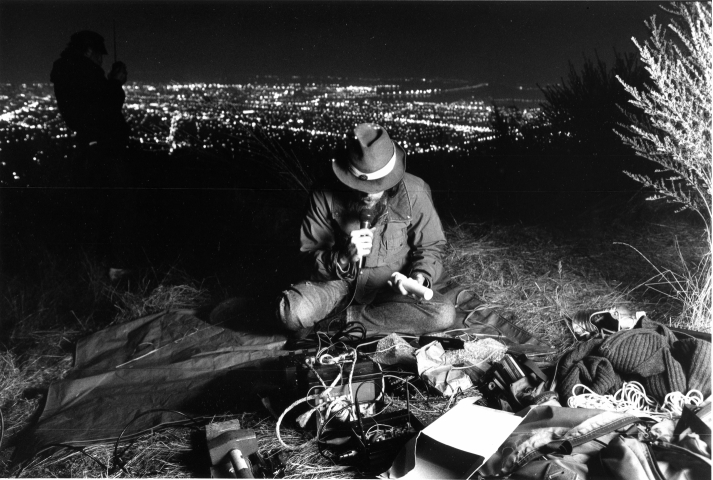

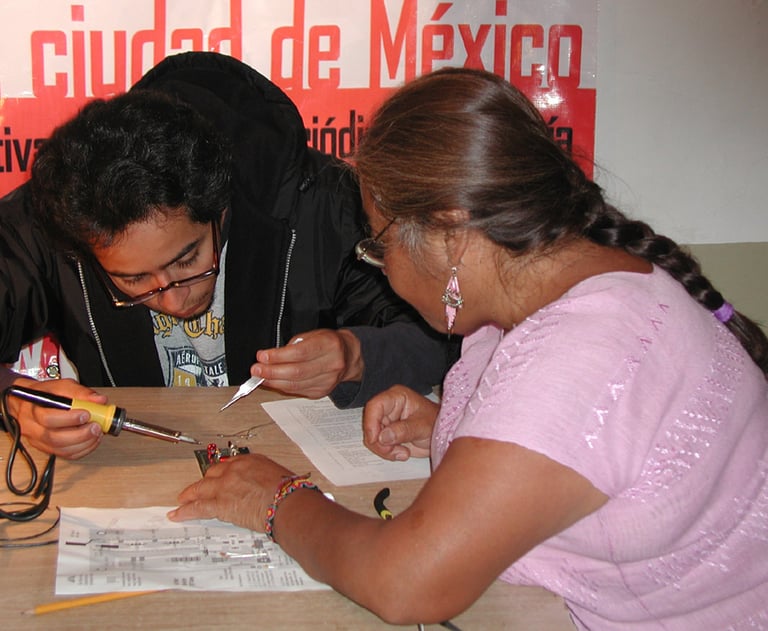

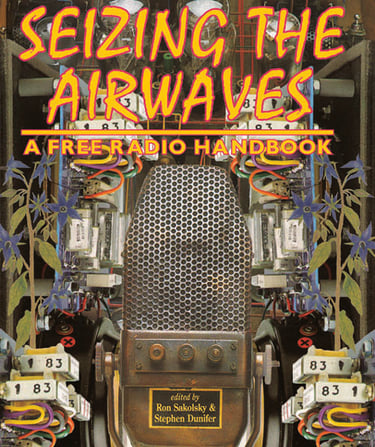

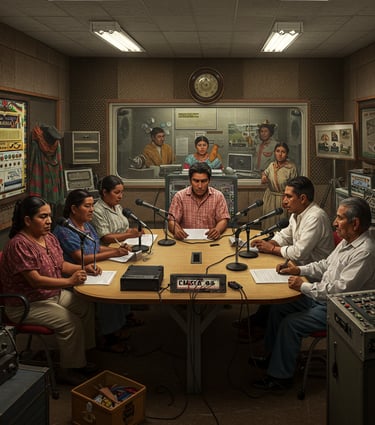

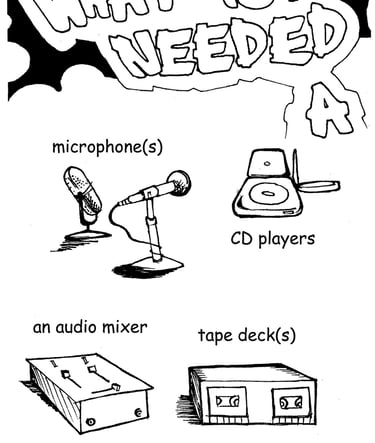

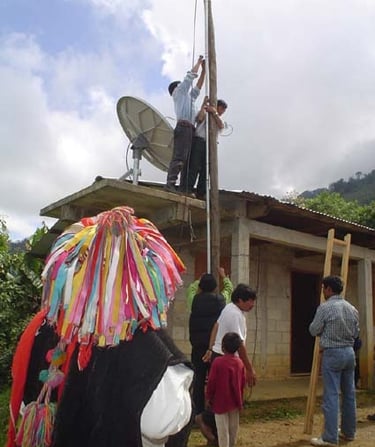

Our Projects
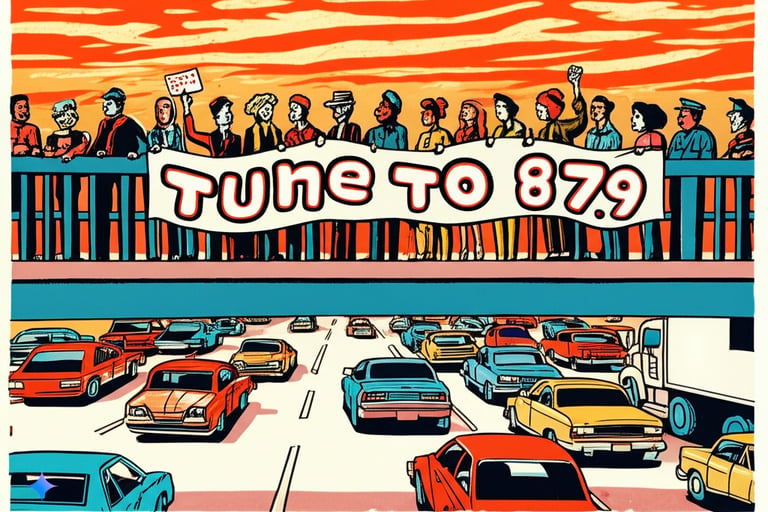

Drive By Radio
Drive by radio presents an entrance into free radio. Rather than broadcast from a fixed studio location, this approach entails creating a temporary portable broadcast operation in the place where you are. Drive-by radio is a tried and true method to begin micropower broadcasting to your community without incurring the risks of operating from a stationary place. FCC intervention for this type of temporary, mobile broadcasting is unlikely. With modest equipment, you can create a direct line of communication by and for community. Create mobile stations at flea markets, demonstrations, freeway overpasses (Banner drop to spread the word!), or during times of disaster or crisis to disseminate important information.
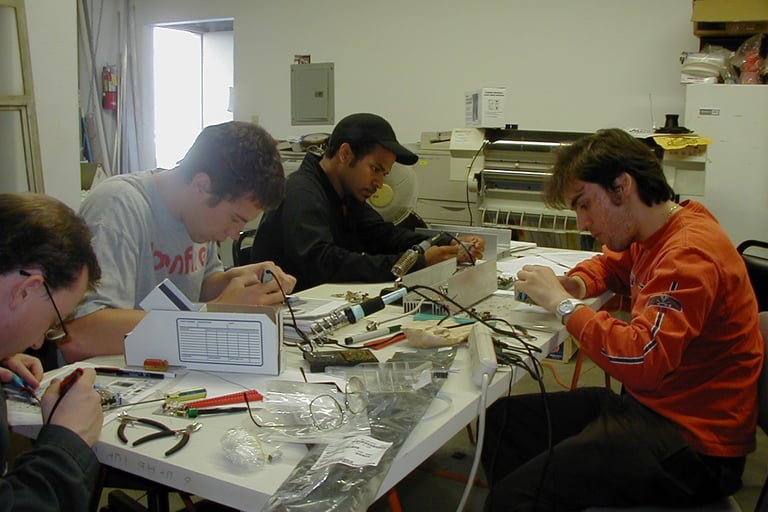

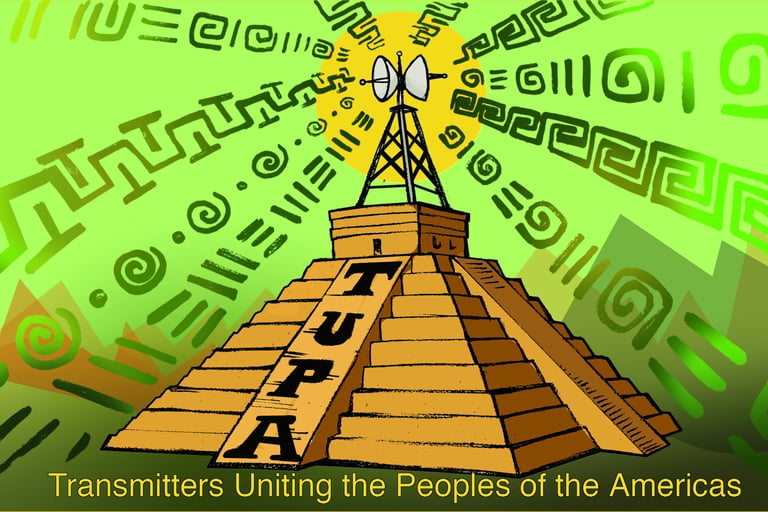

Transmitter Building Workshops
Transmitters Uniting The Peoples Of The Americas
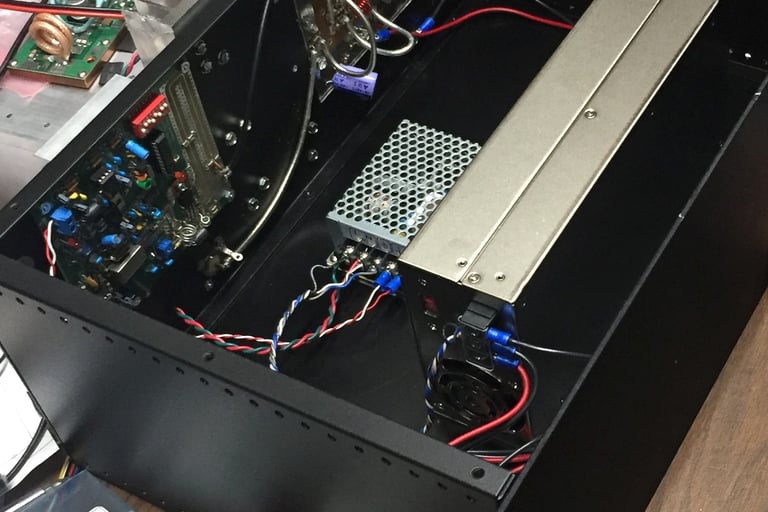

RF Emporium
RF Emporium (rfemporium.com) is our store site for transmitters, kits, antennas and much more. Click here
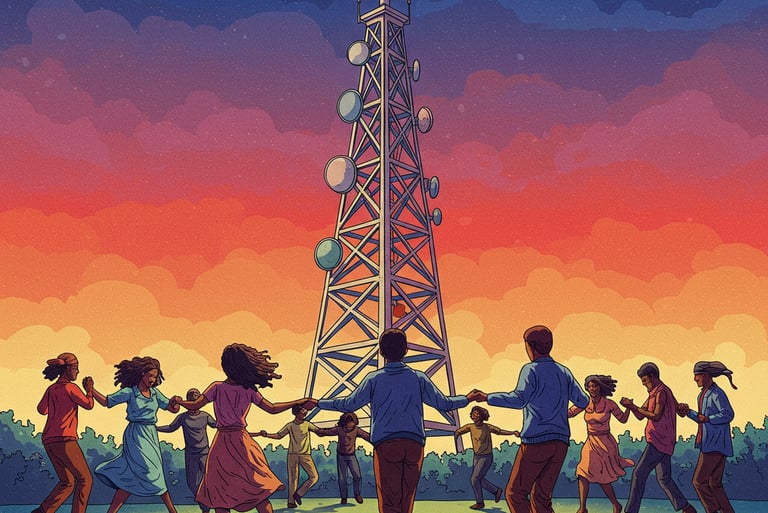

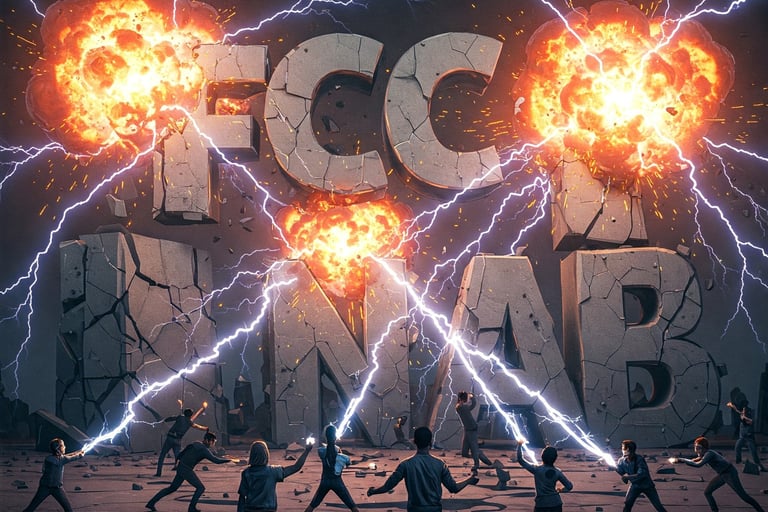

Connect
Engage
freeradioberkeley@gmail.com
+1-510-799-1779
© 2025. All rights reserved.